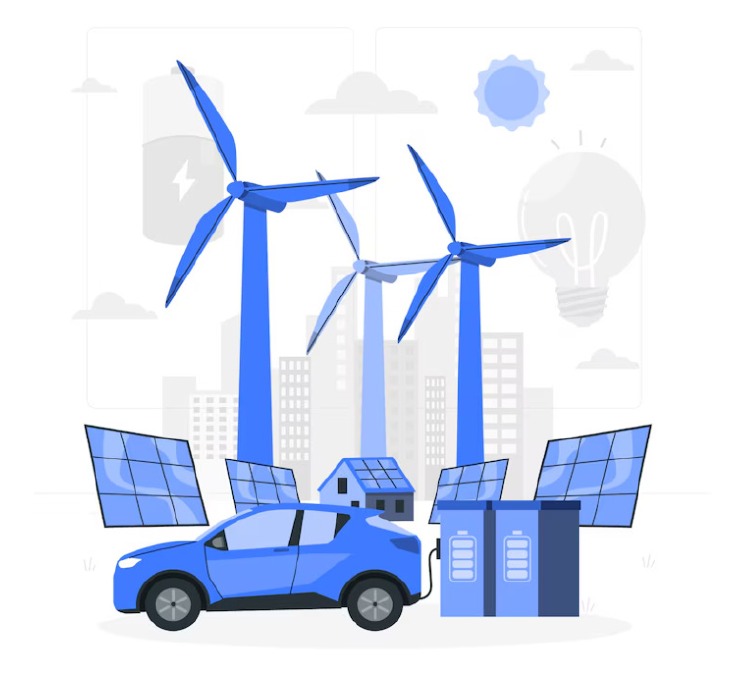Introduction to the Renewable Energy Roadmap
The Rocky Mountain Institute (RMI) and the Global Energy Alliance for People and Planet (GEAPP) have recently introduced an innovative roadmap to revitalize Nigeria’s energy sector. Aimed at generating a 20-gigawatt (GW) renewable energy market by 2034, this strategy focuses on enhancing Distributed Renewable Energy sources (DERs) and battery storage solutions. This initiative is crucial as Nigeria strives to transition to sustainable energy and provide electricity to over 85 million citizens currently without power.
Key Highlights from the Roadmap Launch
- Focus on Distributed Renewable Energy: The roadmap prioritizes the expansion of distributed renewable energy sources and battery storage to address the significant energy gap.
- Economic Opportunities: It projects a potential market for DERs exceeding 2 GW annually over the next decade, representing over $14 billion in generation assets.
- Revenue Growth for DisCos: It presents a significant opportunity for electricity distribution companies (DisCos) to increase revenue through partnerships with private developers to develop DERs, enhancing power reliability and availability.
- Environmental Benefits: Adopting renewable energy will significantly reduce carbon emissions, aligning with Nigeria’s environmental sustainability targets.
- Supportive Regulatory Environment: The Nigerian Electricity Regulatory Commission (NERC) is set to ensure that DisCos source at least 10% of their energy from embedded generation by next year, with a significant portion from renewable sources.
- Global and Local Collaboration: Key global partners like GEAPP, the Rockefeller Foundation, and SEforAll were involved in the roadmap’s launch, highlighting the collaborative effort required to achieve Nigeria’s energy goals.
Opportunities for Businesses and Consumers
The roadmap presents various opportunities for different stakeholders:
- Businesses: There is a burgeoning opportunity for renewable energy developers and private investors to engage in a growing market. Businesses can capitalize on the generation of new energy projects and expand operations, partnering with DisCos to enhance grid reliability and open new revenue channels.
- Consumers: The shift to renewable energy promises more reliable and cost-effective electricity for Nigerian consumers, potentially transforming their quality of life and reducing reliance on expensive, polluting generators.
- Investors: The projected $14 billion market for generation assets over the next decade offers lucrative opportunities. With a clear roadmap, investors can confidently participate in Nigeria’s renewable energy sector, supporting the transition to clean energy while earning significant returns.
Navigating the Future with SimmonsCooper Partners
As Nigeria embarks on this journey, understanding the regulatory and market dynamics is essential for stakeholders looking to participate in the renewable energy sector. To stay ahead in the evolving renewable energy market in Nigeria, or for advice on engaging with this sector, please contact SimmonsCooper Partners at info@scp-law.com or visit our website at www.scp-law.com.





